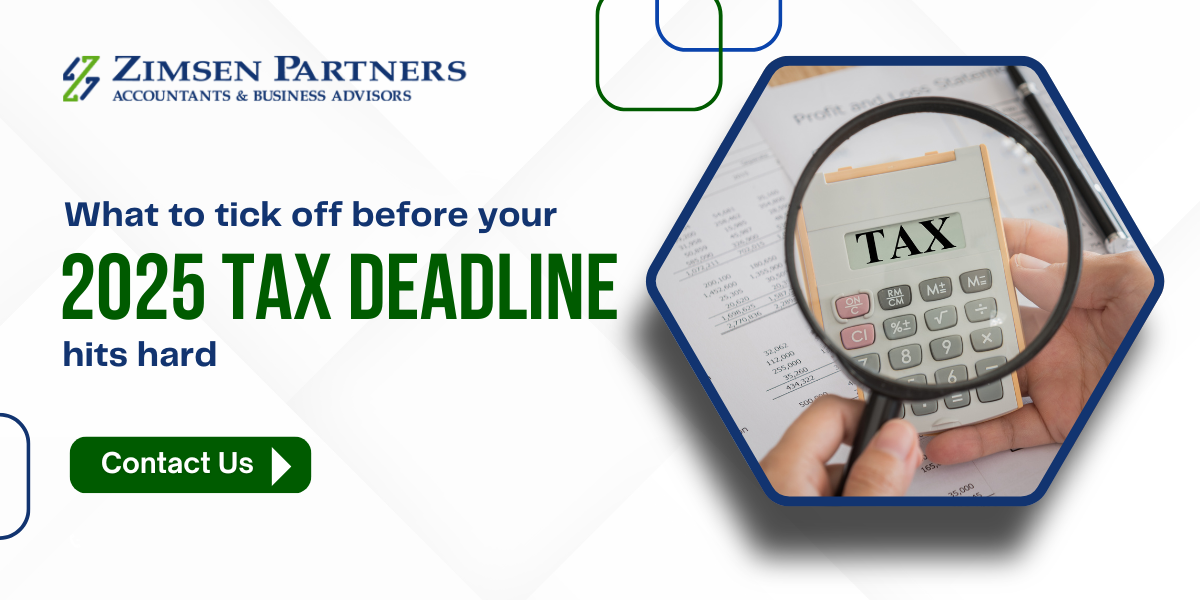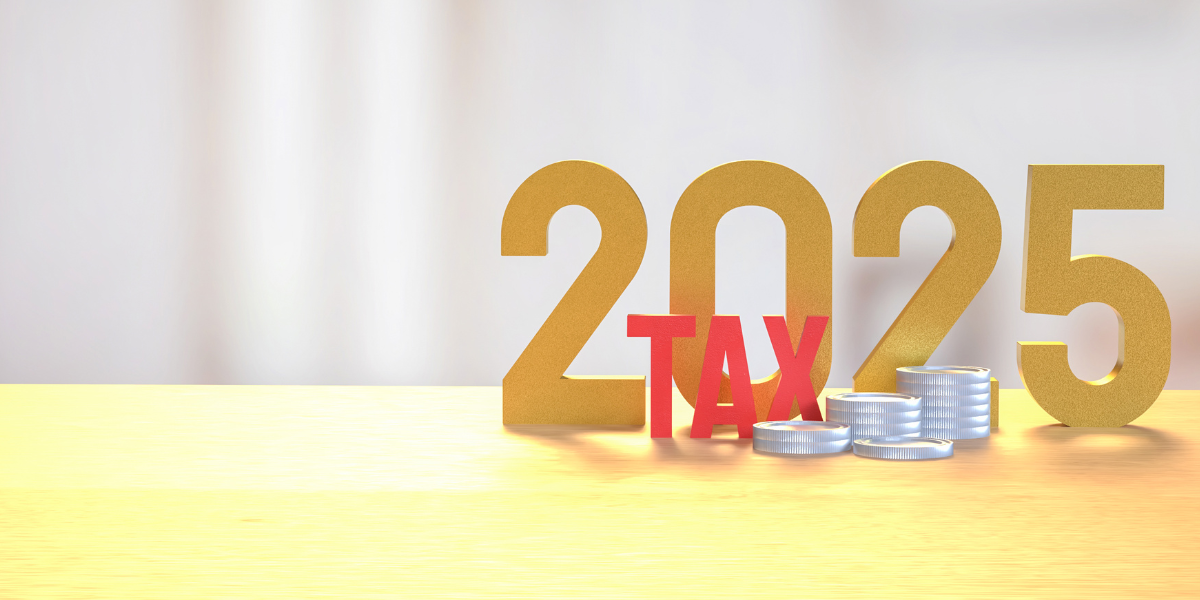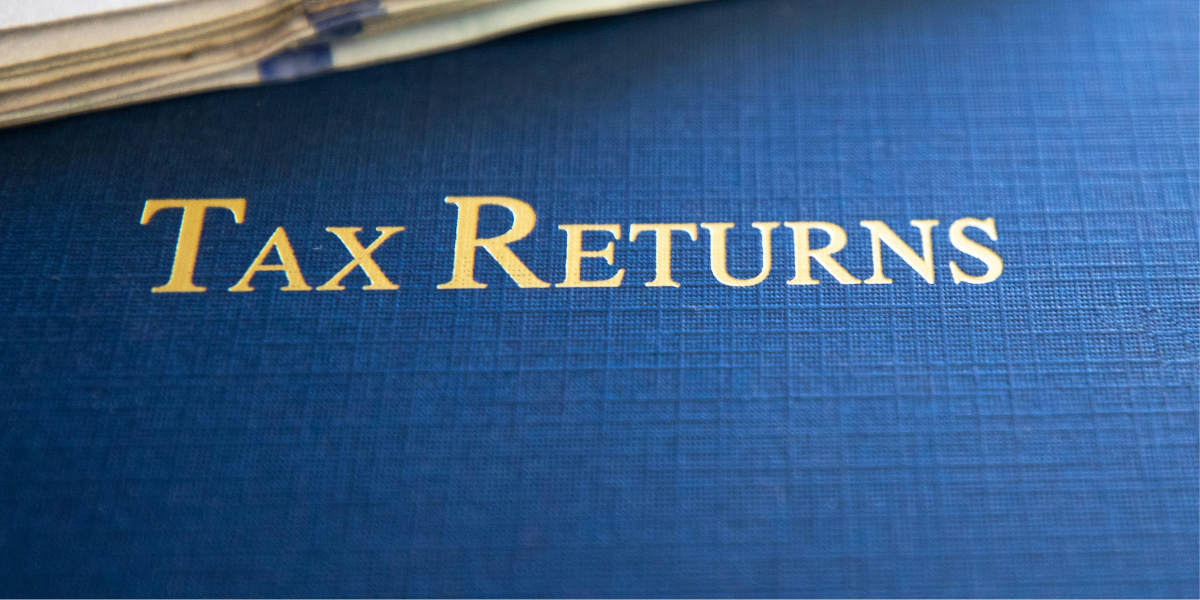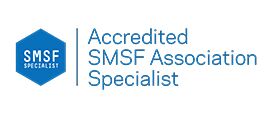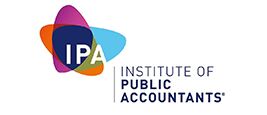Tax filing is that time of the year when most businesses are at their wit’s end. While some businesses may lay confidently due to organised books and complete financial awareness, a lot may be under stress. Most businesses are seen scrounging for past receipts and reading up on the latest tax deductions at the last moment. These companies go into panic mode to the level where they are afraid to pick up calls due to the nearing tax filing dates. In such a case, there is a high possibility of messing up tax returns by forgetting to avail refunds and exemptions.
One of the sectors that face the most difficulty during tax filing is small businesses. These are highly unorganised and don’t have special employees to look after tax filing like large corporations. Moreover, since they employ around 5.1 million people, their contribution to the Australian economy cannot be ignored and therefore they are eligible for various concessions. Keeping updated with these as well as other tax policies before June 30 is an essential feat for these businesses.
Given below are a few tax saving tips that will help small businesses to file tax returns effectively in this financial year. We will go through what is tax minimisation, how to reduce taxable income and the most beneficial strategies for tax minimisation in australia.
1. Avail Immediate Asset Write-offs
As per the government’s taxation guidelines, small businesses are eligible for instant asset write-offs for capital assets up to $30,000. In this manner, a company can gain much-needed capital assets and avail deductions against yearly profits at the same time. This applies to second-hand assets as well. However, there are certain prerequisites to be kept in mind such as the fact that the asset should be ready for use and should be used only for business purposes. Also, it should be purchased in the financial year for which you want to avail deductions. Other than this, the small business should be an operational one with a GST number. It is also vital to remember that on an asset worth $30,000, you can avail a 27.5% deduction which will not cover the entire value of the asset. Therefore, hoarding onto capital purchases just to avail deductions is not advisable.
2. Keep Your Financial Data Organised
One of the most significant points to file taxes in an efficient, as well as efficacious manner, is to keep your financial records updated as well as organised throughout the year. There are two ways of achieving this constructively. These are explained below.
a. Cloud Accounting
A cloud accounting system makes it easier to record as well as calculate financial expenses, incomes, gains, and losses. A small business should latch onto one to keep all financial transactions organised as a single place. Cloud accounting allows you to easily search up transactions, thereby preventing the displacement of receipts and such. Meanwhile, it also facilitates staffing, inventory, and invoicing. Your business advisors and accountants can easily access your financial data as well as work on it, helping you to keep up with all financial requirements and obligations.
b. Digital File Sharing
Another way of streamlining financial reporting and keeping it organised is through digital file-sharing. This can be done through dropbox files consisting of reports as well as accounts arranged in separate files. Alternatively, you can also share Google Excel files with your accountant and keep recording transactions in it. This also facilitates important comments against entries. One more way of staying on top of your tax returns is through the Australian Taxation Office app in which you can conveniently record your business travel-related logbook activity as well as receipts.
3. Be Informed about CGT (Capital Gain Tax) Changes
When a small business sells off its active capital assets like business buildings or a trade, the government allows them up to 50% tax deduction. However, to be eligible for such deductions, a small business has to pass a $6 million net asset test. This exemption is deferred if a replacement asset is purchased within 2 years of selling the CGT asset. In this case, the gain is deferred until the replacement asset is disposed of. Furthermore, the rate of the deduction varies as per several criteria set by the authorities. Changes in terms need to be researched and applied accordingly.
4. Know Your Tax Deductions
There is a list of tax deductions that small businesses are eligible to. These usually pertain to the following:
- Business travel-related expenses on presentation of receipts
- Expenses on business vehicles
- Work from home claims that are only eligible if one operates a business from a home office
- Thefts and insurances such as insurance on assets, worker’s compensation and so on are deductible
- Depreciating assets such as machinery, plant, and equipment, cars, buildings, and more
- Repair, replacement, and maintenance of machinery parts and equipment.
- Employee salary payments, fringe benefits, superannuation contributions, and such are also eligible for deductions. A sole operator adding to his superannuation will also be able to claim such deductions.
- Deductions can also be claimed on hiring bookkeepers, accountants, and other professionals for tax management purposes.
- Advertising and sponsorship to promote products, hire staff, and sell trading stock are all eligible for a tax deduction.
- On presentation of an itemised bill, business calls are allowed for deductions.
- Cryptocurrency is also deductible post tough surveillance.
5. Income Tax Offset
If a small business’s revenue is less than $5 million, it is eligible for around $1000 off on its tax bill. This offset rate is currency 8% but may increase to 16% in the later years. Such an exemption allows more innovation by small businesses and increases productivity. It also saves micro-businesses from high-income tax.
6. Cuts in Company Tax Rate
Incorporated small businesses can benefit from cuts in company tax rates. Firms having a turnover of less than $10 million will be eligible for a 2.5% off the company tax rate while businesses with a turnover of around $ 25 million will get an extended cut in the tax rate. Businesses falling under these criteria will be eligible to pay 27.5% tax rate instead of 30% if they defer invoices before the year-end. This is because such profits and income will be calculated in the new tax year. Additionally, this will impact the rate of free dividends allowing the owner to reward himself with dividends.
7. Carry Out Loan Balancing
If a director borrows capital outside of his wage, this can be termed as the director’s loan. If this is left unpaid till the end of the financial year, it will be eligible for interest but no tax deductions. Therefore, balancing loans is prime to avail exemptions.
8. Refrain from Using Company’s Capital for Personal Use
If a shareholder borrows money from the private company whose share it holds, under the deemed dividends rules, these will be unfranked taxable dividends. Therefore, if these aren’t repaid before the end of the tax year, they will be treated as income and will be set off as franked dividends.
Apart from this, if a business asset is used for personal use for less than market value, these will also be subjected to deemed dividend rules. Therefore, one will be eligible to pay a predicted amount for the use of assets less than the actual amount for the use of assets.
Assets can also be transferred to shareholders in lieu of capital dividends and can be used for repayment against loans given by shareholders. This will help solve tax problems. Nonetheless, the market value of the asset will determine whether it is a cost-effective deal or not.
By keeping in mind all these important tax tips, a small business will be able to ace tax filing in Australia for the year 2020.
9. Get Expert Advice
This can’t be understated but it is vital that as a small business you have your tax sorted. With so many tax deductions and claims to be made you want your paperwork in the best hands possible. Zimsen Partners have the best Melbourne tax accountants to help you navigate through this tax season and incorporate tax minimisation into your circumstance.
By keeping in mind all these important tax tips, any small business will be able to ace tax filing in Australia for the year 2020.
Our small business accountants are highly experienced and qualified who will cater to your every need. Our services range from accounting & tax, setting up a Company or Self-Managed Super Fund to business growth and advisory. Give us a call today to ensure that your business stays on top of finances.


